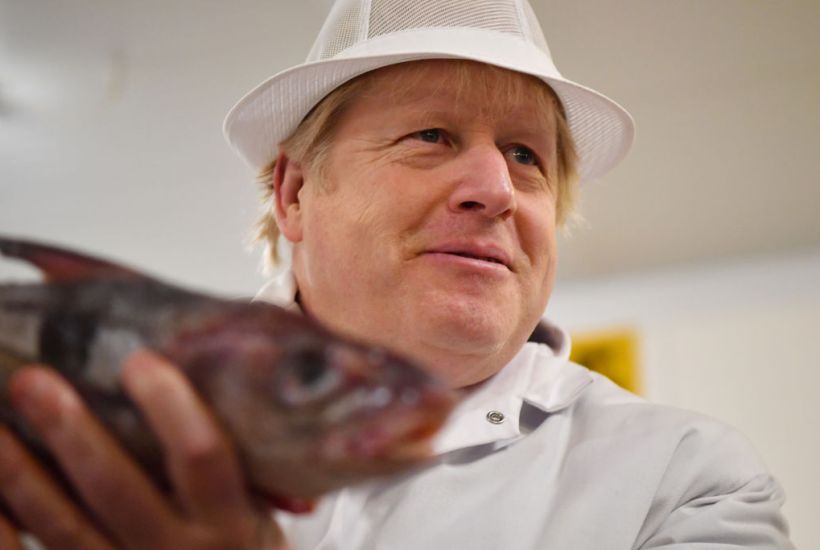Everyone seems agreed. Although the numbers may not have moved much, this election is still wide open. So anyone who tries to predict the outcome in the final days risks looking very stupid. Even so, I will take that risk.
The campaign has been simultaneously tense and dull. There have been no dramatic errors: no real excitements. From the outset, the polls have not moved much, generally showing a Tory lead of between ten and fourteen per cent. So is that a clue to the likely outcome? The answer is probably ‘yes’, for a number of reasons.
First, why should anyone who voted Tory in 2017 desert the party now? After all, Theresa May was hopeless, to the extent that she made Jeremy Corbyn seem almost plausible.
Boris’s approach has been totally different. It is best defined as safety first, rescued from boredom by animal energy. The fear was that he would come across as a toxic toff. But in England at least, that has not happened. Forget Eton, forget attempts to pigeon-hole him in a social category: Boris is Boris. North of Watford and west of Cheltenham, there is no evidence that he grates on the white working-class. Jeremy Corbyn does. He is too left-wing, too unpatriotic, too odd and no one could accuse him of animal energy.
Brexit is a complication and may cost the Tories seats in the soft South. That said, it is hard to understand why anyone strongly opposed to Brexit should have voted Tory in 2017. There are four categories of EU enthusiasts: remainers, remoaners, remaniacs and Dominic Grieve. The final three groups are irreconcilable. But that may not be true of the homme moyen remainer. The question is whether such characters will be more upset by ‘leave’ or more afraid of Jeremy Corbyn. In quite a few cases, fear will trump idealism.
There is one region and one social class where Boris is a negative: the high-minded middle classes of Scotland (the Kirk casts a long shadow). Such persons disapprove of Boris.
But they also disapprove of Nicola Sturgeon, Jo Swinson and of course Jeremy Corbyn. So what will they do on Thursday? Sniff disapprovingly and stay at home, or hold their noses and vote for Boris?
The Scottish Tories, who are fighting an excellent campaign, are ramming home the obvious point. Do you want another push for independence in Scotland plus a Corbyn government at Westminster, sustained by SNP votes? If not, vote Boris.
The hope is that even if they would not be keen on Boris as a son-in-law, the remain-inclined middle-classes will reluctantly recognise that he is the best PM to protect their family’s interests.
So where does this leave us? It is probable that there are enough remainers to deliver a few home counties seats to the Liberals. But further North, the Tories will find plenty of compensation at Labour’s expense. Corbyn’s Islington Leftism is jeopardising his party’s historic links with the working class.
If this is correct, Boris should have a working majority. What will he do with it: what sort of Brexit, what plans for the UK post-Brexit? None of that will be clear by Thursday, but what do you expect? This is only a general election.
Got something to add? Join the discussion and comment below.
Get 10 issues for just $10
Subscribe to The Spectator Australia today for the next 10 magazine issues, plus full online access, for just $10.





















Comments
Don't miss out
Join the conversation with other Spectator Australia readers. Subscribe to leave a comment.
SUBSCRIBEAlready a subscriber? Log in